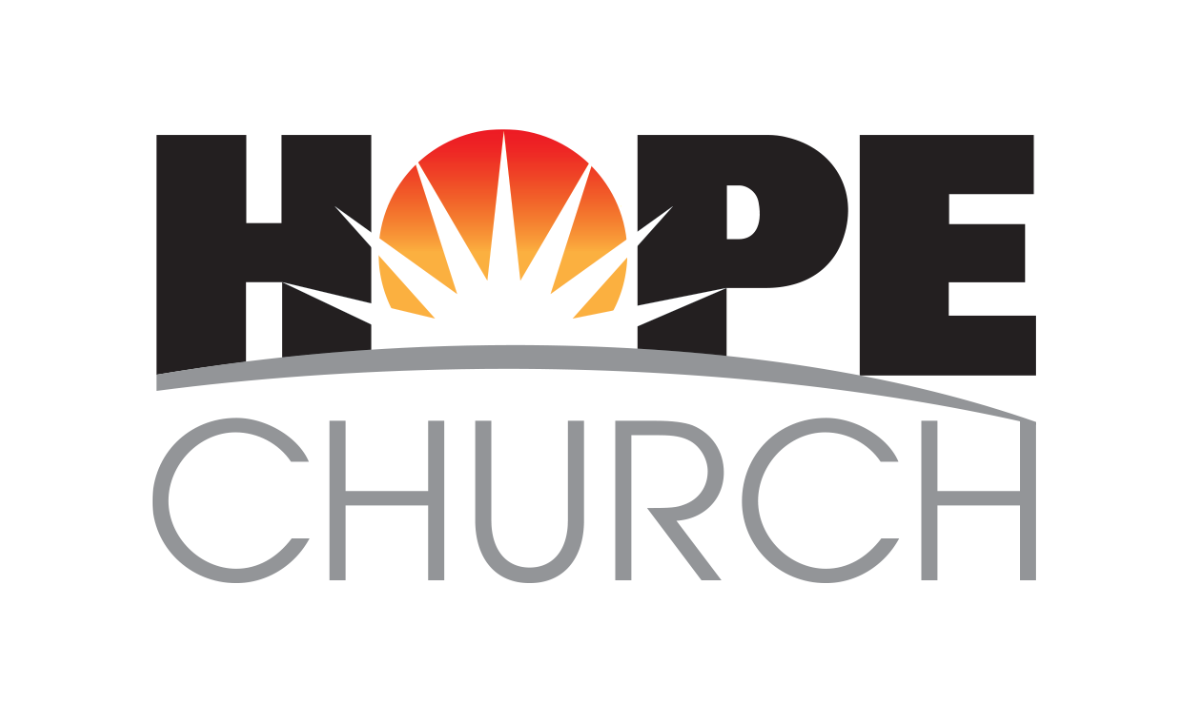Raising Spiritually Healthy Kids: Bible Skills for Kids of all Age
Last month we began discussing the habits we, as a faith community, can develop in our kids in order for them to become spiritually healthy adults. The number one habit with the greatest influence is Bible reading. Hopefully we have committed to making Bible reading a part of our daily living—even just 10 minutes is a good starting point. But as we dive into reading our Bibles and helping our children develop this daily habit, it’s important to remember what kids are capable of at each age. We want our kids to experience success and enjoy reading God’s word. We don’t want to frustrate and overwhelm them by expecting too much too soon. Otherwise they will give up reading His word. Here are a few guidelines to keep in mind.
Young Preschoolers (up to age 3):
Know the Bible is a special book
Hear and say some Bible words and phrases
Hear Bible stories read at home (bedtime is a great time!)
Older Preschoolers (age 3-Kindergarten):
Know there are 2 main parts to the Bible (Old and New Testaments)
Remembers and says Bible words and can paraphrase verses
Can sit and participate in family devotion time (keep it short and simple!)
Know that everything in the Bible is true
Younger Kids (1st-3rd grade):
Can locate the Old and New Testaments and name some books found in each
Memorize full verses
Independent Bible reading
Know that Bible truths never change
Older Kids (4th-6th grade):
Can name the books of the Bible (there’s a song for that!)
Can quote Bible verses when given the reference
Daily Bible reading can become a habit
Know the Bible is without error
It is never too soon or too late to start a daily Bible reading routine. According to LifeWay research, “if we want kids to do God’s will they must know God’s will. To know God’s will they must hear God’s will. The best way to hear God’s will is to read God’s word.” We simply won’t grow and deepen our relationship with God if we don’t read His word. Today is a great day to begin!

